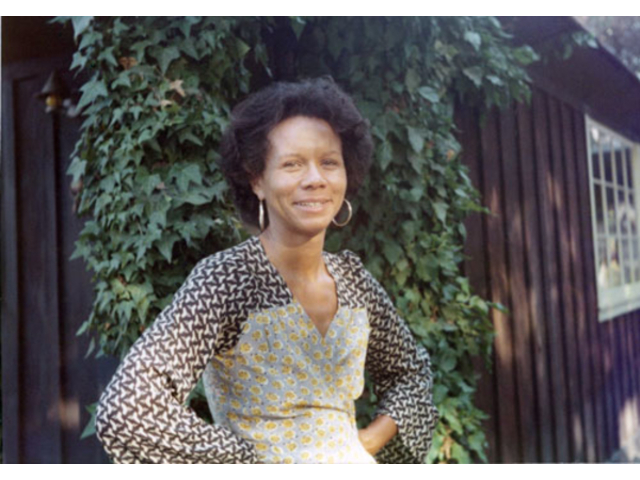It’s rare for a debut novel to be so daring and poetic. It takes an impressive talent to write something so bold and that intricately spans so many years of history. But Yaa Gyasi has proven herself to be that talent in her first published novel, Homegoing — a story that spans years of history in two far apart countries.
Homegoing begins with two young women, Effia and Esi, who are half-sisters, both unaware of the other and torn apart by forces beyond their control. Effia’s story is almost Cinderalla-like. Her evil stepmother arranges Effia’s marriage to James Collins, the white, British governor of Cape Coast Castle in Ghana where Effia lives out her days in relative comfort. Esi’s story is a horror story. She is the daughter of a Big Man and lives in Asante. Her village is attacked, she is taken from her home, and sold into slavery, shipped across the Atlantic to the American south.
From there, the story branches off, following the lineage of these two women. It covers slavery in America, the wars fought in Ghana by tribes pitted against each other, and goes on through the modern day, touching on the Civil Rights Movement and Jim Crow Laws. Each chapter is a new story with a new character, although, is a continuation of the story that was begun in the previous chapter and the chapter before that. Gyasi sets up an almost domino effect that is put into motion with the reader earnestly watching the pattern unfold. Every character is rich and fully developed and you can feel the history weaving its way through their actions in each chapter.
I found myself moved many times reading Homegoing. The writing is beautiful and flows easily across the pages. It manages to fully comprehend the horrors Ghanaians faced in their own country in addition to the horrors African slaves were forced to endure, hurtling on towards the systemic racism committed in America. Gyasi does an excellent job of portraying these events and you can feel some of her own frustrations set ablaze through her characters.
One character that especially stood out to me was Marcus, the final character in the novel who is working on his grad school project. He wanted to focus on the convict leasing system (a barbarous program where black men were imprisoned for no reason and then sent to work for free in the mines) though he finds himself going down a rabbit hole of history that includes the heinous Jim Crow laws, Harlem, the heroin epidemic of the 60’s, crack in the 80’s, and so on. It all leads to Marcus, fully aware of how angry he’ll get doing the research, slamming his hands on a table, and knowing that everyone who looks at him will only see his skin color.
It is moments like this that make Homegoing a tour-de-force of literature and a must-read for anyone that loves character driven stories, long overarching journeys, and beautiful prose. Gyasi has crafted something masterful and I cannot wait to see what she brings us next.
YouTube Channel: GIPC Ghana
Featured image via WSJ




